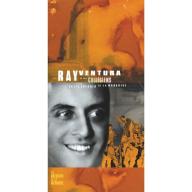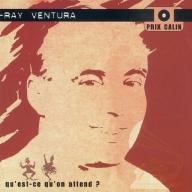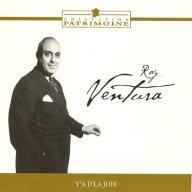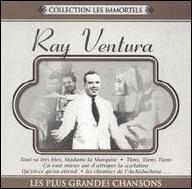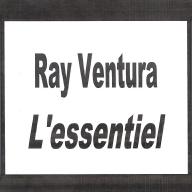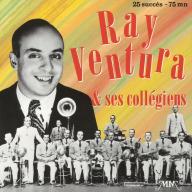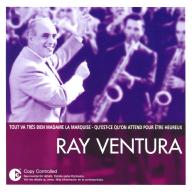Booked into the Casino da Urca, Ray Ventura et ses Collegiens gradually won over the public, especially after vocalist Henri Salvador did his impersonation of Popeye the Sailor Man. The band stayed on for several months, then toured inland and southwards toward Montevideo, Uruguay, where they opened in June 1942. The following month they made for the heart of Buenos Aires and began serenading patrons at various nightclubs and theaters along the Avenue Corrientes, including the prestigious Tabaris Cabaret between Suipacha and Esmeralda. Throughout the remainder of 1942 Ventura's Collegians made numerous recordings for the Odeon label, but then work dried up and the group came apart at the seams. Several members immediately found employment with Argentine jazz groups, and Vola formed his own recording ensemble along the lines of the Quintet of the Hot Club of France. Never one to stand around waiting for things to happen, Ventura formed yet another band, combining musicians and repertoire from Europe and the Americas, and recommenced recording for Odeon. After gigging once again in Rio de Janeiro, the band disintegrated and Ventura returned to Europe via North America. The next time he led an ensemble, it was performing a mixture of old hits, U.S. pop, and jazz standards and Latin American dance tunes.
Ventura, who ultimately became a theatrical producer, composer, and screenwriter, had begun to appear in motion pictures with and without his orchestra in the late 1930s; he starred in #Feux de Joie, #Tourbillon de Paris and #Mademoiselle S'Amuse, then directed #La Memoire d'un Heros. In 1951 he starred in #Nous Irons a Monte Carlo, then produced and acted in #Monte Carlo Baby in 1953. In 1964 he produced Rolf Haedrich's thriller #Stop Train 349. Ray Ventura passed away in Palma de Majorca, Spain on March 30, 1979. ~ arwulf arwulf, Rovi


